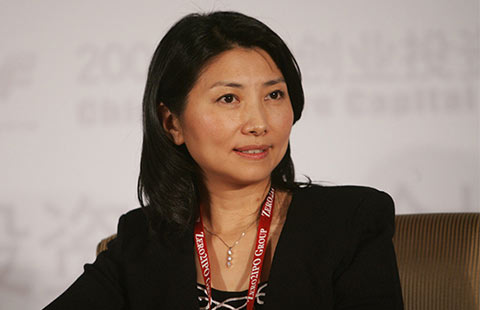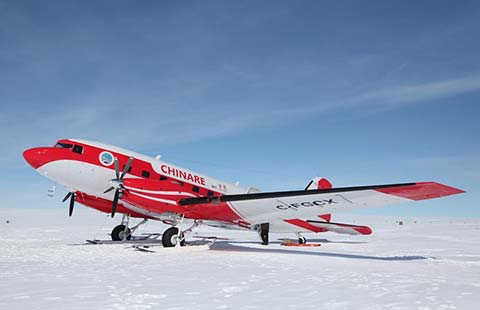DP-Master wins appeal agaist US ruling imposing anti-dumping duties
By Huang Ying (China Daily) Updated: 2015-12-10 08:05DP-Master Manufacturing Co Ltd, China's leading oil and gas drilling pipe manufacturer, has won an appeal against a United States ruling imposing anti-dumping and countervailing duties on imported piping equipment from China.
The United States International Trade Commission ruled in 2011 that imports of such items from China were hurting domestic suppliers.
As a result of that ruling, the US Department of Commerce issued anti-dumping and countervailing duty orders on Chinese producers and exporters.
DP-Master Manufacturing received a dumping rate of 69.32 percent, but some Chinese firms saw charges of as much as 430 percent, while the countervailing duty rate was set at 18.18 percent.
The final verdict means that Chinese drill pipe and drill collar manufacturers have now had all anti-dumping and countervailing duty orders lifted, giving them the chance to compete in the US market on a level playing field with domestic firms.
Based in Jiangyin, Jiangsu province, DP-Master is the country's leading supplier of drill pipes and drill collars, both products used on drilling rigs to extract oil and gas.
The company had a 70 percent share of the Chinese export market for the items to the US from 2006 to 2008, said Mao Sujin, its general manager, with 40 percent of its products ending up there.
In 2008, its export revenue to the US hit $65.97 million, 57.6 percent of its total export sales.
Since 2011, when the orders were issued, however, the privately owned company has been forced to cease all export of drilling products to the US.
Without revealing how the orders have affected the business financially, Mao said that the market is far less lucrative and prosperous than it was five years ago.
As global oil prices have fallen, so has demand for drilling products, shaving profit margins for pipes and collars.
"Currently we will not restart the export of our products to the US, but we will keep an eye on the market and react accordingly," said Mao.
The company's website shows that its current production capacity for drill pipes is 180,000 metric tons per year, with a capacity to increase that by another 60,000 metric tons.
In the recent years, it claims to have expanded market share in Northern Europe, Africa, Middle East and Asia Pacific, with its products now being used in offshore North Sea, the Gulf of Thailand, Western Australia, West Africa and Iraq.
- The hype may be fading, but 'big data' is here to stay
- Work on 6th nuclear reactor to begin at Fuqing
- Chinese consortium edges closer to securing Australia's largest milk supplier
- Monetary easing seen by year end
- Chinese companies’ investments in Japan on the rise
- Overseas investments high, but success isn't guaranteed
- Huawei turns to Colin Giles for 'smart' edge
- IPO reform draft may finish legal steps soon
















